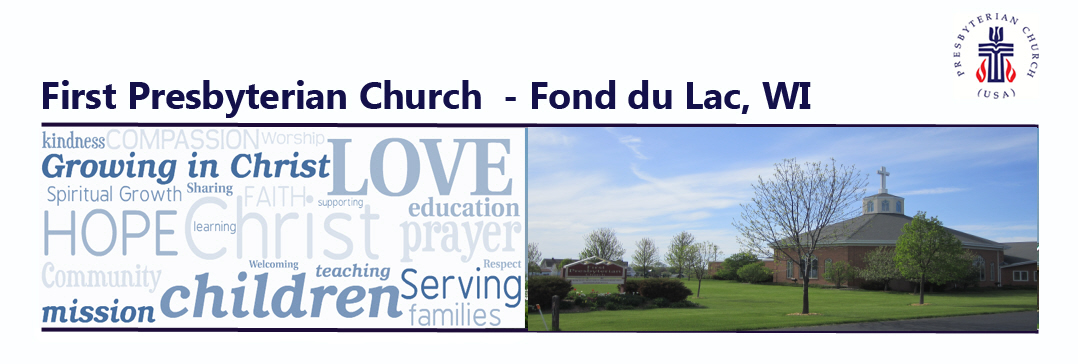1 Peter 2:7-10
Among the conversations and discussions surrounding last Sunday’s topic was the question of what it means to “belong to the Church.” The concept of being a member has made significant changes, particularly in the last few years. Twenty years ago and more one not only belonged to a particular church but belonged to a particular tradition or denomination. Non-denominational churches were generally small splinters rather than the current mega-churches. Only a small percentage of the population considered itself “Christian, no-affiliation.” Today “unaffiliated” is the fastest growing religious group. There is very limited interest in a particular group’s theology or concern for what makes that group’s beliefs different. One comment summarized the growing trend as: “Younger Christians have as much loyalty to a particular church or denomination as they might show to a particular gas station; the one that is closest and offers the best service is the one they will tend to favor.”
Where this becomes a problem is the difficulty with lack of opportunity to be challenged in faith and in relationships. In the growing trend, when one experiences discomfort or challenge to their faith, they merely try checking out the next closest congregation. Rather than seeking to grow through differences, find common ground with disparate points of view, or learning tolerance, there is an increasing tendency to jump to the next church.
This isn’t to say that there are not times when moving from one fellowship to another is a healthy, wise decision. I do believe that there are times when people are called to change churches – especially when they are coming our way. The issue has to do with commitment. We do not grow in faith without commitment. We do not deepen our relationships unless we are challenged. We do not brow wiser unless we are overcoming difficult situations.
So we’re kind of supposed to irritate each other. Granted, I know some of us do a bang up job in this area. But all of us find places and times where we need to grow in acceptance of other personalities and styles of faith. We don’t grow when we are comfortable and at ease. We grow when we are challenged. When we respond by disconnecting and seeking another “spiritual buffet” we are not going to grow in the “Fruit of the Spirit.” Quite the opposite, it becomes easier to make our own ego and selfishness central to our faith.
In my opinion this is made worse by our ability to avoid ever encountering a point of view with which we disagree. Between our ability to be selective of our media, our reading, and our friendships, we can avoid ever having to have an honest conversation with someone whose points of view oppose our own. When we have a healthy, honest, and faithful conversation with individuals who strongly oppose our thinking we learn more about ourselves as well as discover the humanity in the argument. When we avoid relationship with people different from ourselves there is a tendency to reduce opposing points of view, to caricature them as being stupid or “sub-human,” to deny their faith or that a reasonable person would think that way. When we are in committed fellowship with those opposing points of view we have to wrestle with them honestly, and respectfully. In that type of environment the possibility of growth, common ground, and greater new perspectives emerge. In an environment without commitment the best that can be hoped for is to rehash the same old scripts and harden the same preconceptions.
So we are members of the same “spiritual house.” We are all built upon the same rejected stone, which makes us wary of what stones we are rejecting (or belittling). And from that point of commitment and discipleship we are made open to grow in depth and wisdom.
Peace,
Pastor Jack
